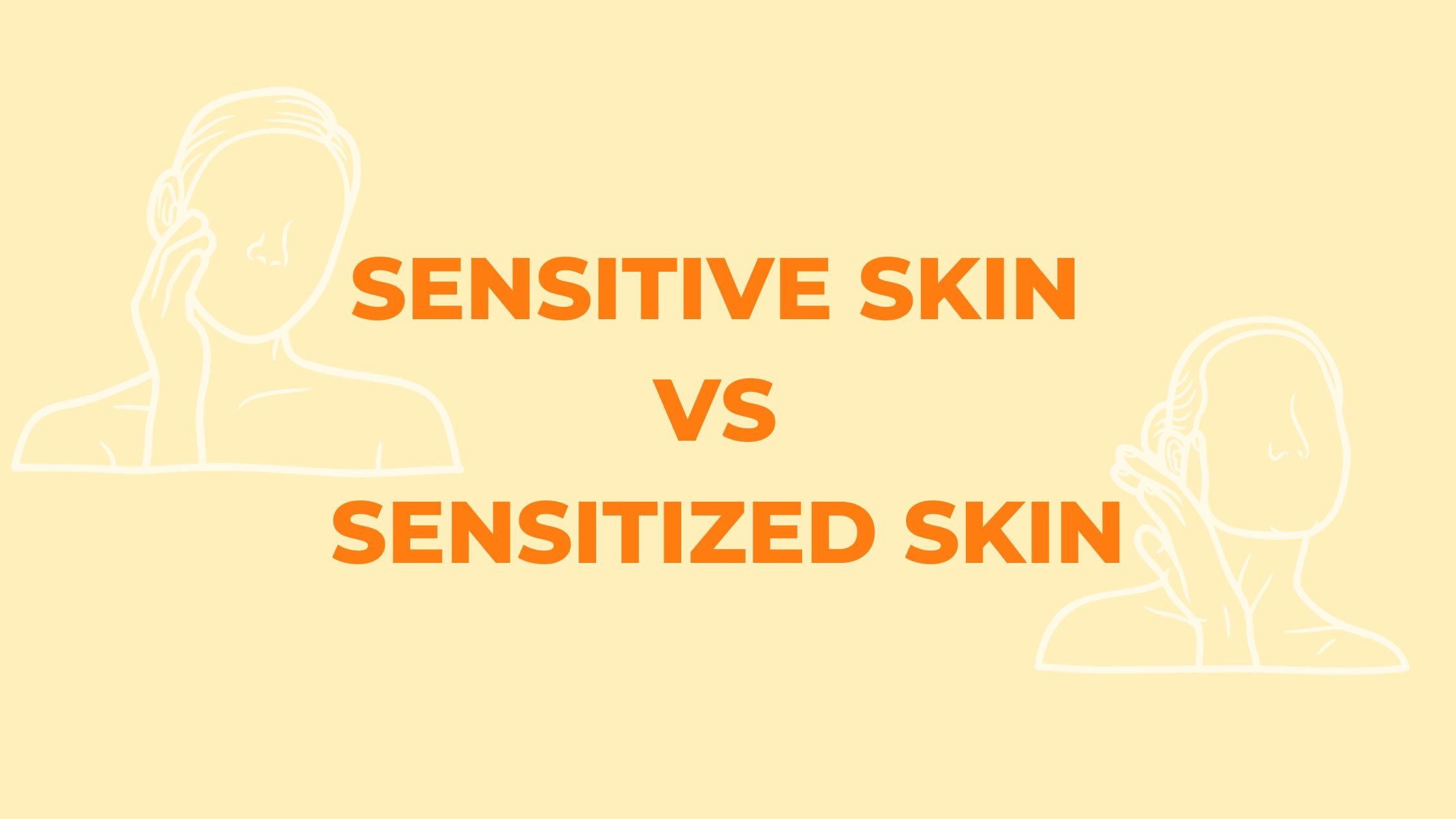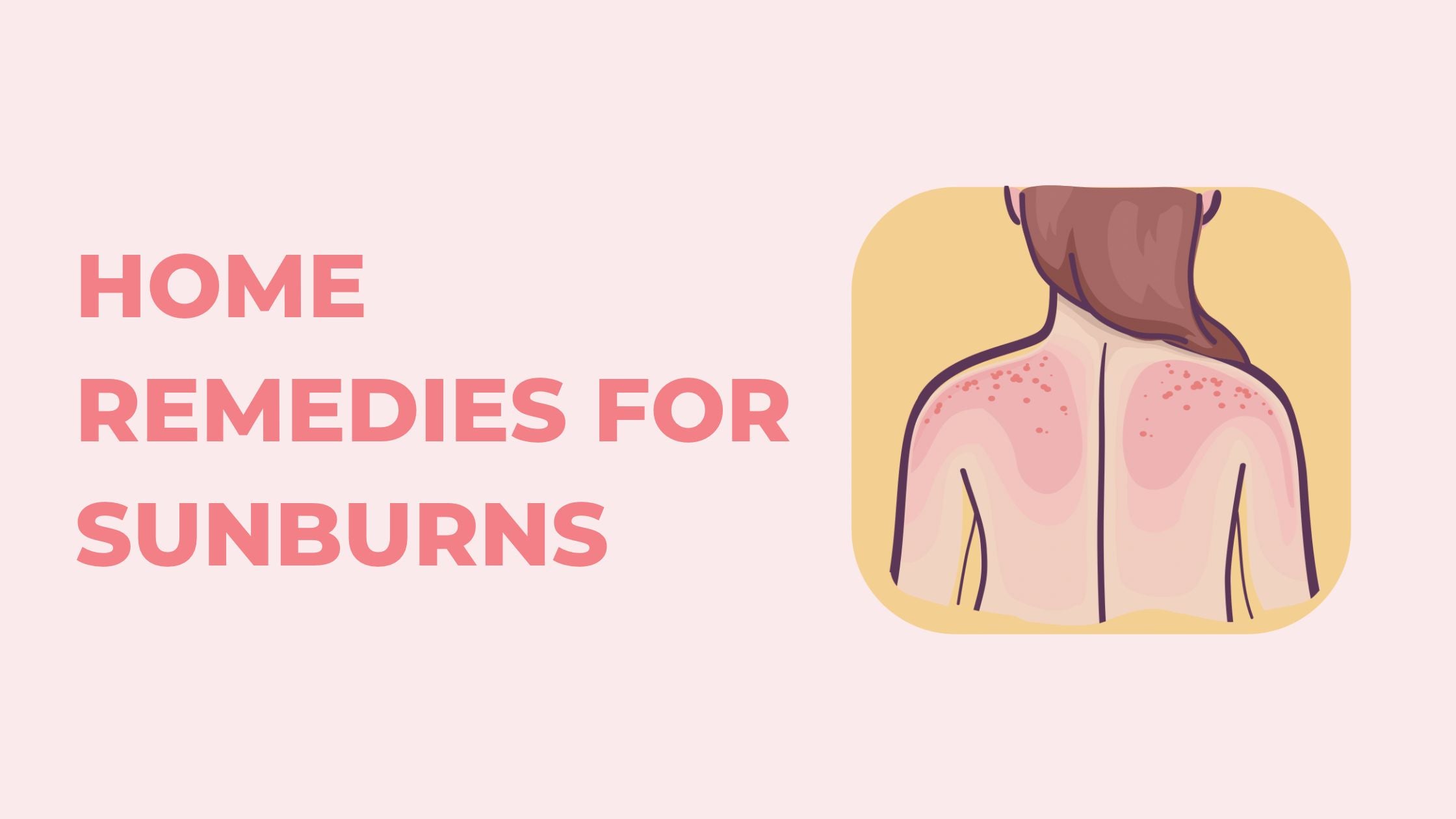
Sensitive Skin vs Sensitized Skin
Along with terms like anti-aging, clean, non-comedogenic, pH balanced and a slew of other skin care buzzwords, the words “sensitive skin” are printed across skin care products everywhere.
About 60% to 70% of women and 50% to 60% of men report having sensitive skin, according to Frontiers of Medicine. But these numbers are self reported, and many people aren’t aware of the difference between sensitive skin and sensitized skin. It’s a nuanced difference, and the symptoms are similar so it’s no surprise, but there are some key differences. Keep reading to find out the key differences between sensitive and sensitized skin and how to treat and care for both.
What is sensitive skin?
We can all be a little sensitive sometimes, but sensitive skin doesn’t just mean that your skin cries over the slightest inconvenience.
By definition, the word sensitive means quick to detect or respond to slight changes, signals, or influences. So sensitive skin will react quickly to changes in products, weather, environment, or other factors.
Sensitive skin is primarily genetic, so it’s something that will occur consistently throughout your life, and skin conditions like eczema, rosacea, and contact dermatitis are typically grouped under the sensitive skin umbrella due to their fickle and untreatable nature.
Signs of Sensitive skin include redness, itchiness, stinging, breakouts, burning, tightness, and dryness
What is Sensitized skin?
The above symptoms are nearly identical to the symptoms that occur with sensitized skin, so naturally it leads to some confusion as to which is which.
Sensitized skin is a skin condition that develops over time. It is not a skin type, but rather a sign that your skin’s lipid barrier (the outermost layer of skin) has weakened. This can happen for a number of reasons – pollution, UV ray damage, stress, hormones, over-exfoliation or using too many skin care products in general, and dehydration are some of the most common.
When the skin barrier is damaged, your skin is unable to withstand outside factors that may be damaging, so it may be more reactive than usual, thus, you may experience the same symptoms associated with sensitive skin.
Difference between sensitive and sensitized skin
What it comes down to is this: sensitive skin is a skin type and sensitized skin is a skin condition. Sensitive skin is ongoing and sensitized skin is temporary.
Like dry skin or oily skin, sensitive skin will consistently be sensitive to certain products and environmental factors. Sensitized skin on the other hand has just been through the wringer and needs a bit of help to bring back the skin’s natural barrier function.
How to Treat and Prevent Sensitized Skin
Luckily, sensitized skin can be reversed and healed with the proper skin care routine. Managing lifestyle factors that affect your skin such as diet, stress, and environment can all help take the burden off of your skin.
Build a skincare regimen full of hydrating ingredients like glycerin and sodium hyaluronate to help repair the skin and improve barrier function.
If you want to avoid sensitized skin in the first place, use gentle skin care products, apply sunscreen daily, and invest in skin care products with antioxidants like Vitamins C and E. On top of that, keep it simple, and use as few products as possible.
Skin Care Routine for Sensitized Skin
- Start with a hydrating cleanser free of sulfates. Only use lukewarm water to wash your face, and pat dry with a soft towel, don’t rub, as this can lead to irritated skin.
- Use a toner to balance the skin’s pH. Make sure to choose an alcohol-free toner, because alcohol can be incredibly drying which is the last thing you want on sensitized skin.
- Finish with a rich, nourishing moisturizer to lock in moisture and help rebuild the barrier.
- In the morning, apply a teaspoon’s worth of sunscreen to protect your skin from UV rays. Use a natural, mineral sunscreen, because some ingredients in chemical sunscreens can contribute to sensitized skin.
- A few times a week, if you notice patches of very dry skin, apply a hydrating oil like emu oil which also has nourishing, and anti-inflammatory properties to soothe the skin.
How to Care for Sensitive Skin
Seeing as sensitive skin is a genetic predisposition, it cannot truly be cured, but there are multiple ways to care for your sensitive skin.
The first step is to find a skincare routine that works for you. Sensitive skin types are generally more dry than oily, and the above skin care routine should work like magic for you. But if your skin is both oily and sensitive, make some swaps for a more lightweight moisturizer that won't clog your pores and an oil free cleanser.
Also, pay attention to what triggers flare ups on your skin. Does a certain product always turn your skin red? Consider seeing a board certified dermatologist for patch testing to learn what your skin reacts to or try an at home self patch test to see what products you should consider eliminating from your routine.
Skincare Ingredients to Avoid if Your Have Sensitive or Sensitized Skin
Regardless of if your skin is sensitive or sensitized, you want to use products that will not further irritate it or strip it of its natural oils. Some common culprits are:
- Fragrance
- Alcohol
- Retinol
- Chemical SPF
- Chemical Exfoliants (AHA, BHA, etc.)
Read more about ingredients to avoid for sensitive skin.



Leave a comment
This site is protected by hCaptcha and the hCaptcha Privacy Policy and Terms of Service apply.